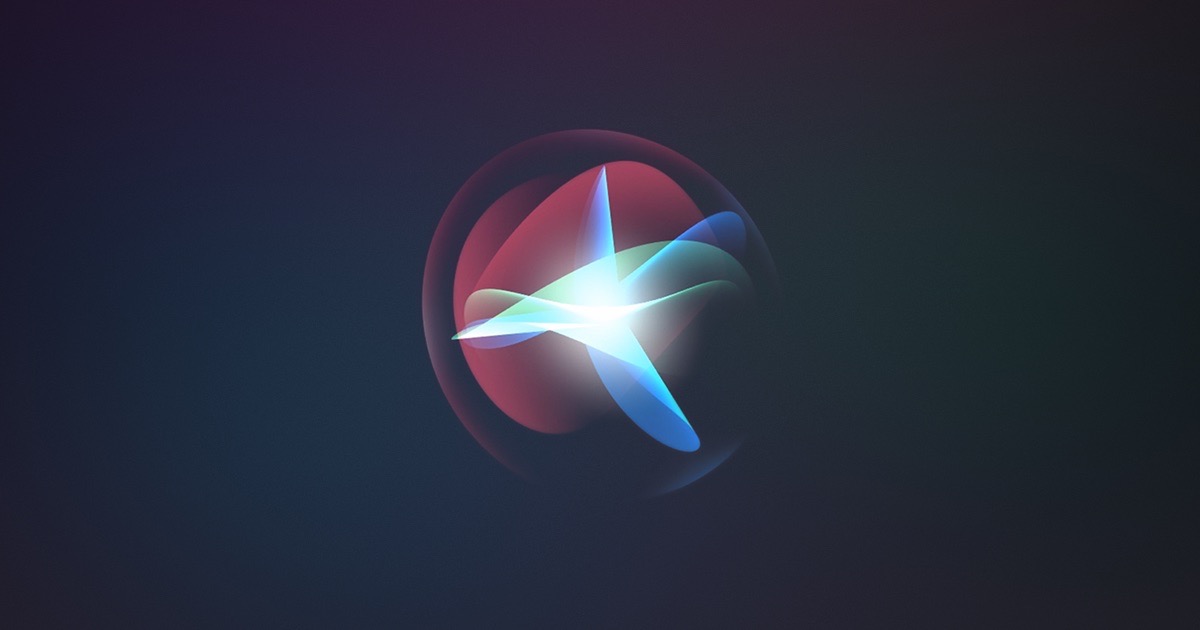Apple is working on generative AI concepts to advance its work on Siri, even though, reportedly, it has a complex underlying architecture, reports The New York Times.
Last month, Apple held an in-person internal AI summit at their Palo Alto headquarters in the Steve Jobs theatre to walk the employees through the company’s AI language models and AI tools. Since then, Apple employees, including the Siri team has been testing language generation concepts.
Apple reportedly has been working on testing language generation concepts as a new way of improving Siri’s functionality. However, Siri’s underlying design may make it difficult to implement such improvements, according to John Burkey, a former Apple engineer who talked with the Times.

Discover new horizons, always connected with eSIM
Travel the world stress and hassle-free with the best eSIM service available. Enjoy unlimited data, 5G speeds, and global coverage for affordable prices with Holafly. And, enjoy an exclusive 5% discount.
Siri also had a cumbersome design that made it time-consuming to add new features. So seemingly simple updates, like adding some new phrases to the data set, would require rebuilding the entire database, which could take up to six weeks.
John Burkey, who was given the job of improving Siri in 2014
As opposed to voice assistant functionality, ChatGPT or generative AI engine is able to learn from data sets and apply that knowledge to generate content or conversation. Apple, according to the New York Times report, is working on language generation concepts for Siri to be able to do more than simply pull answers from the web.
Virtual assistants like Siri and Alexa have a command and control system so there is a finite list of things that they understand. They can be really good at answering factual questions, answers of which can be pulled from the web, running smart commands, and even telling jokes.
Among the big three virtual assistants, Apple’s Siri, Google Assistant, and Amazon’s Alexa, Siri was the first, when it was revealed way back in 2011 with iPhone 4S.
Eventually, Alexa and Google Assistant became popular and thrived. Both assistants are available on a range of smart speakers, while Siri is available on fewer devices since it is limited to the Apple ecosystem.
While competing within this group was fine, there is a new player on the ground and the virtual assistants need to step up.
With the popularity of ChatGPT growing so fast that Microsoft bought it to integrate it with Bing, this can be a challenge for Apple, and companies of other virtual assistants. Google has also announced Bard in an answer to ChatGPT, while it works rigorously on its promise and vision of ambient computing by having Google Assistant be available in homes, Android devices, TVs and cars.
OpenAI, who owns ChatGPT, launched GTP-4 this week, its next-gen AI engine, making ChatGPT even smarter in its responses.



